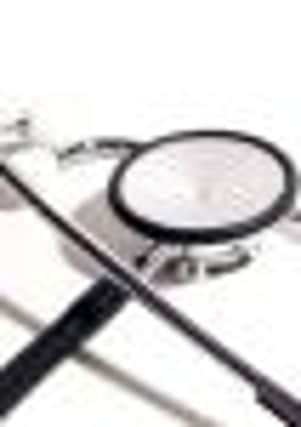Medics’ warning as record number of patients turn up at hospitals


Emergency doctors and nurses saw almost 28% more patients last week than in the same week last year. They are now urging everyone to think twice before heading to hospital emergency services, and go to their GP to have minor illnesses and injuries checked out.
And health bosses have warned that patients who use the emergency department and urgent care centres inappropriately could be responsible for delaying treatment of seriously-ill people as the cold weather sets in.
Advertisement
Hide AdAdvertisement
Hide AdDr Damien Lynch, a consultant physician and associate medical director at East Lancashire Hospitals NHS Trust, said many of the patients who arrived at hospital on Wednesday, October 5th, could have been treated more effectively, and more quickly, at their community GP surgery.
In one five-minute period that night, there were 20 patients in the emergency department at Royal Blackburn Hospital, where those who have suffered serious illnesses or injuries like heart attacks, strokes and major traffic collisions, are treated. But seven of those patients had minor conditions which, doctors say, could have been easily dealt with by their GP.
At the same time, in the urgent care centres at Blackburn and Burnley, there were a total of 48 patients – 23 of whom would have been better served by seeing their GP instead.
Dr Lynch said: “Our emergency department and urgent care centres are geared up for treatment of people who are in need of very urgent attention – there is very little we can do about things that have been bothering you for a while, or things that you are already receiving treatment for.
Advertisement
Hide AdAdvertisement
Hide Ad“Four of the people who had attended inappropriately that evening had problems that had been niggling them for more than three weeks – another came simply because they had run out of the painkillers prescribed by their GP.
“Patients like these have the lowest-priority need, so they spend the longest time waiting to be seen. When they get to a treatment area, they often find we can do nothing more than give them some advice on painkillers and advise them to make an appointment with their family doctor.
“We are currently planning for the big increases in patients that winter always brings, and if so many people continue to turn up at hospital when they don’t really need to, that could mean delays for people who suffer serious illness in the icy winter weather.”